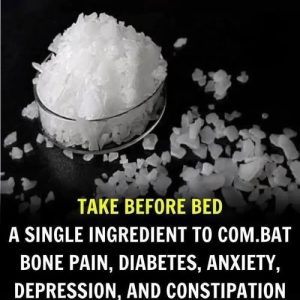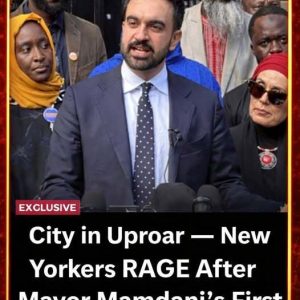President Donald Trump has announced the immediate termination of Temporary Protected Status (TPS) for Somali nationals living in Minnesota, sparking a major political escalation. In a late‑night post on his Truth Social platform, Trump accused the state—led by Governor Tim Walz—of rampant fraud, money laundering, and criminality linked to its Somali community. He claimed Somali gangs were “terrorizing” Minnesota residents and alleged that “billions of dollars” were missing, presenting the move not merely as policy change, but as an urgent law‑and‑order response to a state overrun by corruption.
Trump framed the decision as a moral and practical necessity: the tariff status program, he argued, was being manipulated by criminal actors embedded within Minnesota’s Somali population. He explicitly tied the cancellation of protections to a broader narrative of financial mismanagement and criminality, portraying the TPS termination as a way to restore justice and hold accountable those exploiting government programs. By using TPS as the mechanism, he positioned the move as both politically symbolic and materially consequential.
Underlying Trump’s announcement is a backdrop of serious fraud allegations. Citing a City Journal report from the Manhattan Institute, he suggested that Minnesota’s state‑funded welfare programs are being abused by Somalis, with funds allegedly funneled out of the country. The narrative includes claims—attributed to counterterrorism sources—that some of the money stolen from welfare systems is being transferred back to Somalia and may benefit the al‑Shabaab terror group. According to Trump’s post, the extent of the fraud is so large that it threatens national security and justifies drastic immigration action.
Part of the fraud scrutiny is centered on Minnesota’s Housing Stabilization Services (HSS) program, a Medicaid-funded initiative originally intended to help vulnerable populations secure housing. According to reporting, costs for HSS ballooned dramatically—from just $2.6 million a year when it began to more than $100 million in later years—raising red flags about waste, abuse, and mismanagement. These concerns are now being tied into Trump’s rationale for ending TPS, suggesting that the Somali community is disproportionately responsible for exploiting the system.
Another piece of the larger fraud puzzle is the Feeding Our Future scandal. This nonprofit, once billed as distributing meals to children during the COVID-19 pandemic, has been accused of grossly overstating its service numbers. Prosecutors allege that hundreds of millions in federal funds were misused, with very few of the promised meals actually delivered. Critics say this large-scale fraud is emblematic of systemic vulnerabilities in state assistance programs—and that Somali community members are disproportionately implicated, which Trump is using to justify his policy move.
The response to Trump’s announcement has been immediate and polarized. Minnesota’s political leaders—especially Democrats—condemn the move as discriminatory, Islamophobic, and legally dubious. Legal experts argue that the president lacks authority to abruptly end TPS for a single state. Community advocates warn that the decision will scare families, undermine trust, and deepen divisions. Whether Trump’s declaration will survive in court is unclear—but regardless, it has reignited a fierce debate around immigration, welfare integrity, and the role of rhetoric in shaping public policy.



